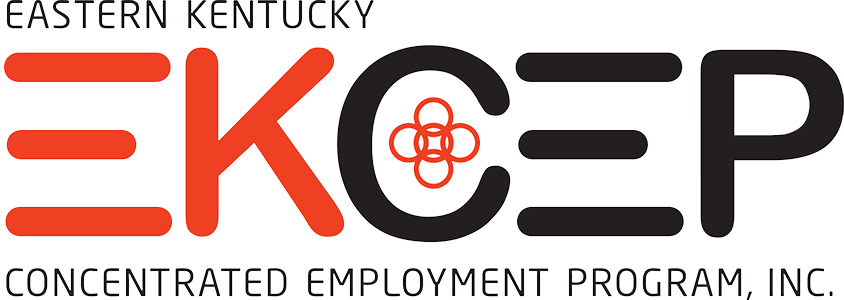History of CEPs
Concentrated Employment Programs (CEPs) were first authorized by federal law in 1967. Since 1968 EKCEP specifically has administered—through partnerships with nine community action agencies—various career, employment, and business services in a 23-county region of Appalachian Kentucky. In that time, thousands of Eastern Kentuckians have relied on these federally funded services to step onto self-sustaining career paths close to home in industries ranging from coal mining and manufacturing to healthcare and education. EKCEP’s service area is unique not only in its funding and programs, but also in its population, geography, poverty levels, and workforce participation. Currently, EKCEP is one of three remaining CEPs in the United States along with Rural Minnesota CEP and Northwest Wisconsin CEP.
Concentrated Employment Programs are a valuable resource for individuals seeking to improve their employment prospects, gain new skills, and achieve financial stability.
What are CEPs?
CEPs are government-funded programs that focus on providing comprehensive employment and training services to individuals facing barriers to employment within specific communities. These barriers can include:
Low income
Lack of education or skills
Recognizing disabilities
Receiving public assistance
Past involvement in the justice system
What Services Do CEPs Offer?
CEPs offer a wide range of services tailored to individual needs. These may include:
Career Planning and Counseling: Guidance in identifying suitable career paths based on interests, skills, and local job market needs
Skills Assessment: Evaluation of current skills to help determine training needs
Job Search Assistance: Help with resume writing, interview preparation, and connecting with potential employers
On-the-Job Training: Opportunities to gain real-world experience in a chosen field
Educational Support: Assistance with obtaining a GED, high school diploma, or enrolling in vocational training programs
Support Services: Help with overcoming obstacles like transportation, childcare, or other needs that could hinder employment success
